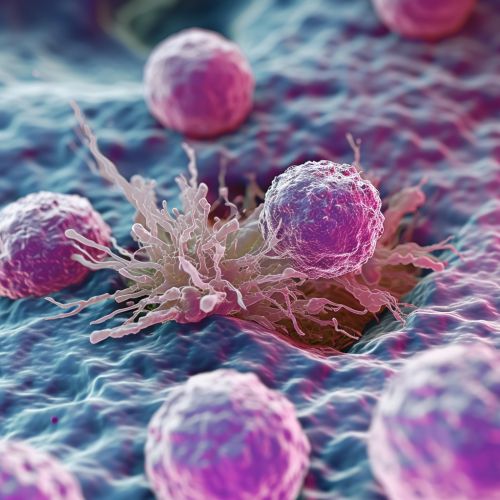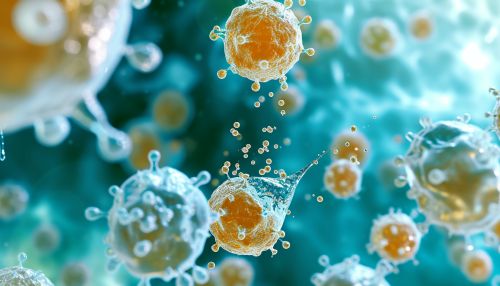Autoimmune disorder
Overview
An autoimmune disorder is a condition that occurs when the immune system mistakenly attacks and destroys healthy body tissue. There are more than 80 different types of autoimmune disordersList of Autoimmune Diseases.
Etiology
The exact cause of autoimmune disorders is unknown. One theory is that some microorganisms (such as bacteria or viruses) or drugs may trigger changes that confuse the immune system. This may happen more often in people who have genes that make them more prone to autoimmune disordersGenetics of Autoimmune Diseases.
Pathophysiology
In an autoimmune disease, the immune system mistakes part of your body, like your joints or skin, as foreign. It releases proteins called autoantibodies that attack healthy cells. Some autoimmune diseases target only one organ. Type 1 diabetes damages the pancreas. Other diseases, like systemic lupus erythematosus (SLE), affect the whole body.


Symptoms
Symptoms of autoimmune disease may be severe in some people and mild in others. Symptoms can also come and go. They can include fatigue, fever, general ill-feeling (malaise), and joint pain.
Diagnosis
Diagnosis of autoimmune disorders typically involves blood tests and a review of a person's medical history. A family history of autoimmune disorders can be a valuable clue.
Treatment
Treatment of autoimmune disorders generally focuses on reducing immune system activity. Treatments can't cure autoimmune diseases, but they can control the overactive immune response and bring down inflammation or at least reduce pain and inflammation. Drugs used to treat these conditions include nonsteroidal anti-inflammatory drugs (NSAIDs), immunosuppressants, and corticosteroids. In some cases, physical therapy or surgery may be needed.
Prognosis
The outlook for autoimmune disorders varies depending on the disease and its severity. Some conditions can go into remission and symptoms may disappear for months or even years; in others, symptoms can persist over time.
Epidemiology
Autoimmune disorders are more common in women than in men. They often begin during a woman's childbearing years (ages 15 to 44). Some autoimmune diseases are more common in certain ethnic groups. For example, lupus affects more African-American and Hispanic people than Caucasians.
Research
Research into autoimmune disorders is ongoing and aims to understand the causes of these conditions and develop new treatments. Current research is focused on the genetic basis of these conditions and the role of the immune system in their development.
